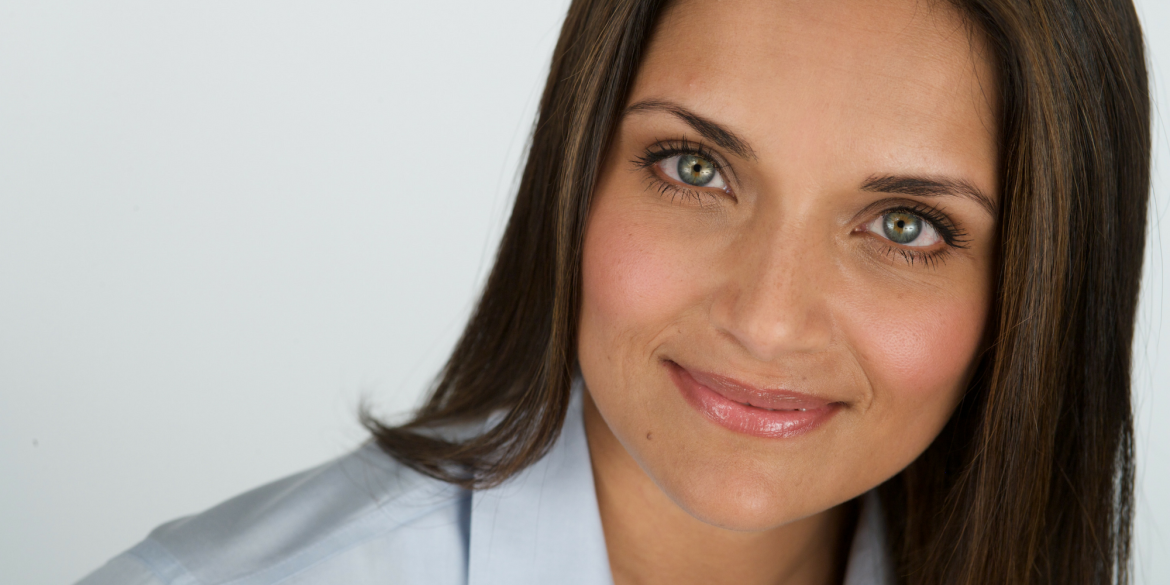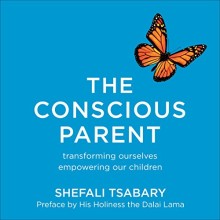The Conscious Parent by Shefali Tsabary - Book Review part 2
04 Jan, 2021How to be a conscious parent
Chapters 9 – 15 are on how to be a conscious parent. She discusses the role of the mother, parenting from wholeness instead of wounds, how to create a house built on being, the wonder of the ordinary and shelving those great expectations. Chapter 14 specifically is on how to create a conscious space in your child’s life and chapter 15 on how to connect to your child with engaged presence.
The parts that I found particularly useful were on how to deal with your own childhood to prevent these issues from being passed down through your parenting to your children. We have the benefit our parents didn’t have of having more time, probably more money, and definitely much more resources on child psychology and how to raise children like this book. It’s up to each of us to break that cycle and deal with our own childhood trauma so that we do not pass this down to our children. She talks about how to parent if you grew up feeling like you weren’t good enough or if you learnt to please others to earn their approval, what if you were unable to be yourself, – what might your pitfalls as a parent be and how to look out for this and watch yourself so you don’t let this impact your parenting. She explains that bad behaviour is really a search for our inherent goodness and your brokenness doesn’t reflect your true being.
For example, here is an excerpt from the book:
Were you unable to be yourself?
We have seen that to gain attention, children who were wounded by their parents self absorption adopt a persona. Unable to own who they are and what their true needs are because they are in service to their parents ego, they don’t exercise their authentic voice and only ever express themselves indirectly, instead employing devious means to get their needs met. Seeing themselves as victims, they displace responsibility for their feelings onto others, since blaming someone else enables them to absolve themselves of all responsibility and allows them to adopt a ‘poor me’ stance.
When these children grow up to be parents, they are unable to allow their children to be themselves. If their children dare to be authentic, such parents see themselves as victims of their children. Or they take on the role of a martyr, leaving their children feeling guilty for doing nothing more than attempting to be themselves.
She talks about creating space for stillness and reflection in your child’s life and stopping putting pressure on ourselves and our children to always be doing something but to just live in the present. Its important to honour who your child is, and that it is okay to be ordinary – to praise them for being themselves and learning, growth, trying their best, rather than success. Its important to shelve those great expectations of your child and honour who your child really is, and understand what you can realistically expect of them. Know that your children imitate you. This is about creating a conscious space in your child’s life for your child to be still and create a meaningful narrative for your child, express gratitude to them for just being themselves and validate their being.
Responding to your child
Finally, the section that most parents would have picked up this book for ‘how to handle your child’s mistakes’. When a child does something that frustrates you or upsets you, its important to stop and reflect on do you really know why they did what they did? Children often have the most innocent thoughtful reasons for doing things that don’t quite work out in the way they intended. And as a parent, you have the opportunity to transform mistakes into a learning opportunity and celebrate your child’s mistakes.
The last chapter discusses how acting out reflects unmet emotional needs and why teaching is more effective than punishment. It explains why delightful children turn into defiant teens and questions whether we are owning our own part in our children’s behaviour. This chapter is a goldmine of information and as Shefali explains in her foreword, it means sense that it is left to last because conscious parenting is not a quick fix or a switch you can click on - it is showing up to being a conscious parent or trying every day of your child’s life and building that relationship so that when they are going through changes and growth and make mistakes and have failures, the seeds you have sown early in their childhood can be reaped. There is some practical advice on how to execute the No, the rule about rules, how to discipline in a manner that works, and the why heavy-handed tactics backfire.
The appendix also has some great questions to ask ourselves in the Conscious Compass, of which I will share a few and leave you with to ponder as you think about your own parenting:
What life-script am I living by?
Have I examined my past and seen how I am playing out a particular life-script based on my family of origin?
Am I able to see the themes upon which I have been structuring my life?
Am I able to see my recurrent patterns by observing how my relationships with others unfold?
What is my emotional inheritance?
When life doesn’t work out in accordance with my vision, what emotional response do I typically have?
How do I approach life on a day-to-day basis?
Am I able to detach from my emotional imprints and become conscious of them?
Am I aware of how I project my emotions onto my children and spouse?
What have I based the pillars of my parenting on? Have I unconsciously based the pillars of my child’s success on their ability to ‘do’, produce, and succeed?
Am I able to allow my child’s spirit to first flow naturally before ‘doing’ sets in?
How much pressure do I put on my child to become the person I want them to be, versus who they naturally are?
Do I view my child with a sense of lack of abundance?
Do I look at my child and constantly see them for all they yet need to become, or am I able to sit with my child in the wonder of all they already are?
Cover Image of Shefali Tsabary is sourced from The Good Life Project, where you can listen to her speak on Parenting as a Vehicle for Liberation https://www.goodlifeproject.com/podcast/dr-shefali-tsabary/
Get The Best Of Sleepy Roo Delivered To Your Inbox
Subscribe to my newsletter and get the latest info on baby sleep! You can unsubscribe at any time.



